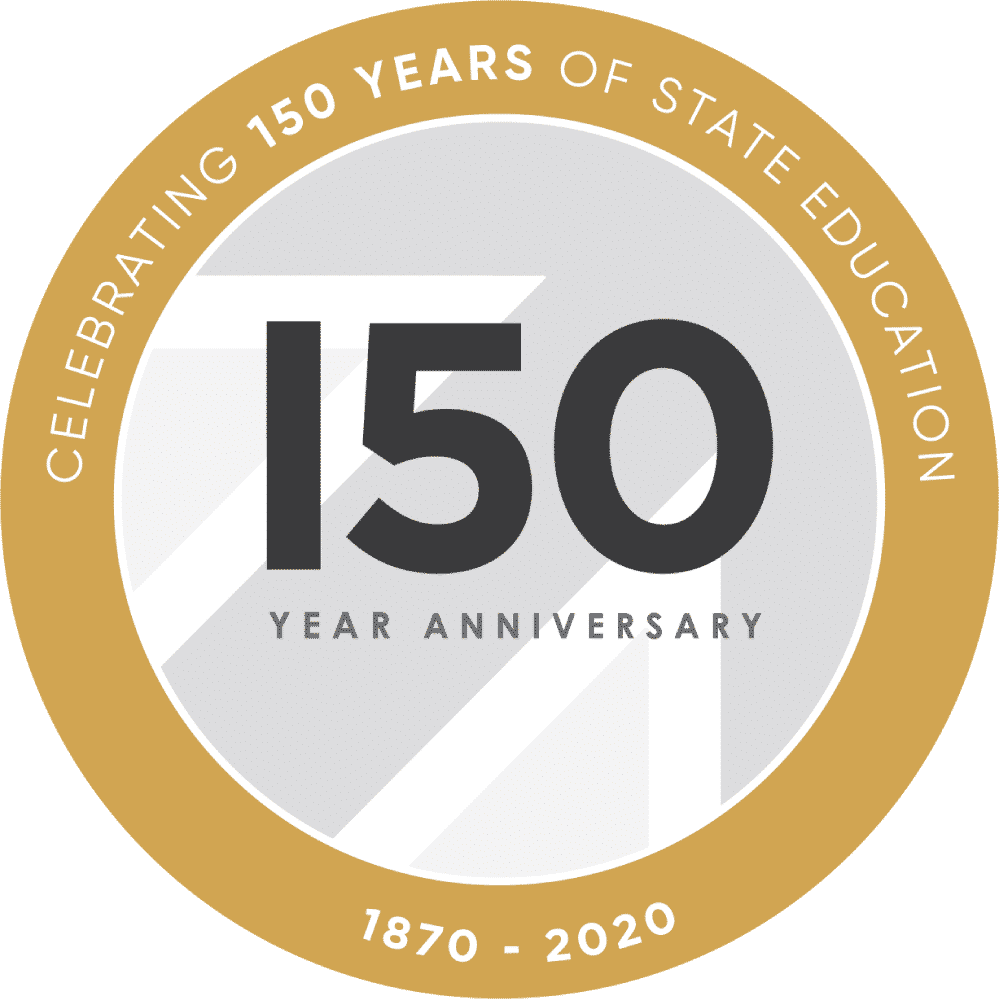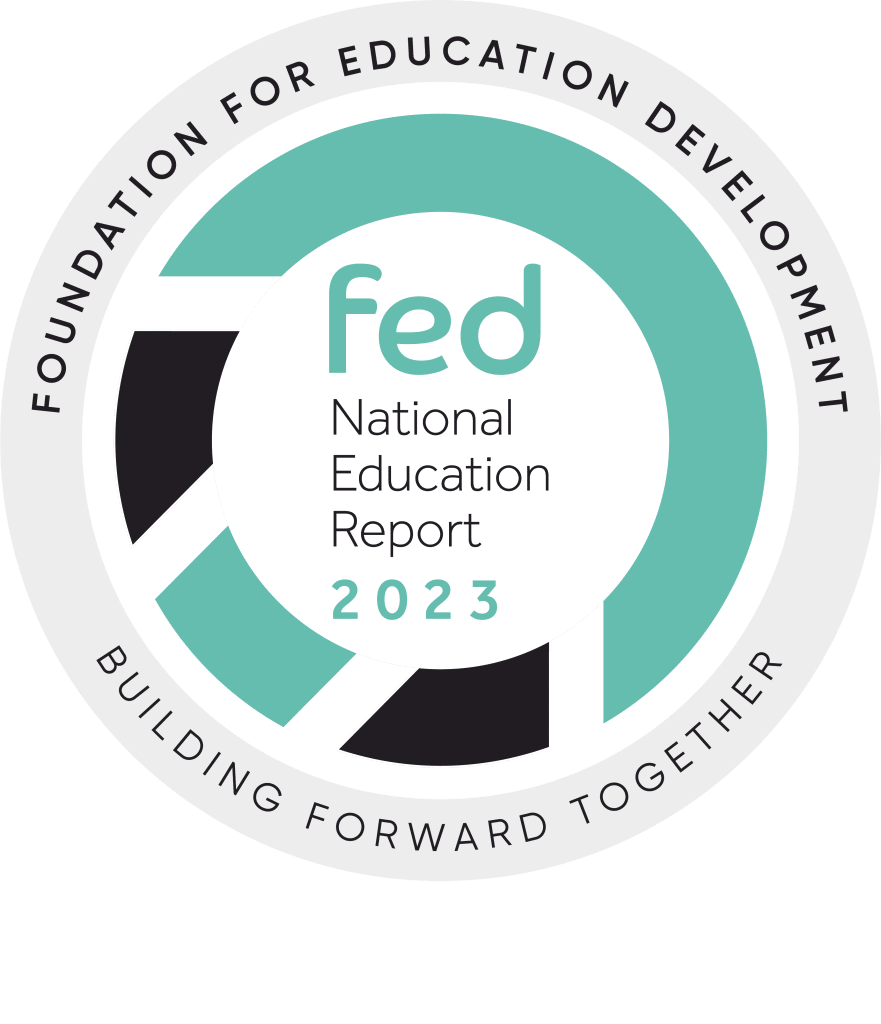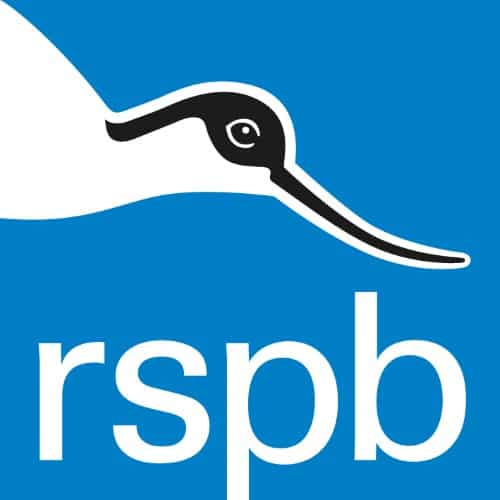The Foundation for Education Development (FED) are working across sectors and in partnership with all those concerned with the future of education in this country to support the development of a long term vision and plan for education.
Following the launch of the FED National Education Consultation Report, we are inviting members of our community to contribute your thoughts on what is needed to deliver a long-term vision and plan for education specifically related to the 4 workstreams identified in our report.
Workstream 1 – Develop a vision, purpose and objectives for a 10-year plan.
Workstream 2 – Develop a framework to develop and govern a 10-year plan.
Workstream 3 – Exploring different approaches to levelling up and place-based strategies to generate and sustain educational excellence.
Workstream 4: Identifying the most effective frameworks for embedding equity and inclusion in our education system.
The first in our series of FED Follower blogs is from Suzanne Welch, RSPB Education & Families Manager.
Instil an ethos and ability to care for oneself, others and the natural environment
The biggest challenges our society faces today are linked to the condition of our natural world. The wellbeing of people and planet go hand in hand. There is growing recognition, that nature is good for us and can be part of the solution to health and wellbeing challenges, for when young people are connected with nature, it has positive impacts on their education, health, emotional wellbeing, personal and social skills, and helps them become active responsible citizens.
Our government wants the UK to be a global leader and we need citizens who can lead globally for nature. Unfortunately, we are currently one of the most nature depleted countries on the planet, but we understand many of the solutions to this loss of nature. We can become a global leader in restoring nature and in the process needed to tackle, mitigate and adapt to climate change. Young people will have a vital part to play in this as they leave school and enter the workforce. For this to happen, we need our education system to support young people to build a deeper understanding of the inextricable connectivity between nature and society and to build a deep affinity for nature.
Our Education experiences should create the foundations for a society that understands and values nature and is equipped and motivated to take the actions necessary to defend and enhance it. Not just for its sake but for ours! Therefore, the content and purpose of education has to be about the development of young people in a way that prepares them for future possibilities, develops love of learning and helps them become responsible citizens and effective contributors. We surely want our children to have the confidence to ask the right questions, understand the pros and cons of decisions and know there are consequences to their choices.
Nature within education is vital, not just as a subject matter but as a much broader vehicle for wider learning and experience (about themselves, about others and about the world around them). There is also clear evidence that children who have regular opportunities to connect with nature have significantly higher health and life satisfaction.
In light of all the current evidence, Education should include a purpose for all schools to instil an ethos and ability to care for oneself, others and the natural environment, now and in the future; within a balanced and broadly based curriculum. This would help promote the development of pupils’ knowledge, understanding, skills and attitudes to satisfy social, cultural, economic, personal and environmental goals, additionally promoting understanding of sustainability in the stewardship of resources locally, nationally and globally.
Suzanne Welch, RSPB Education & Families Manager.



